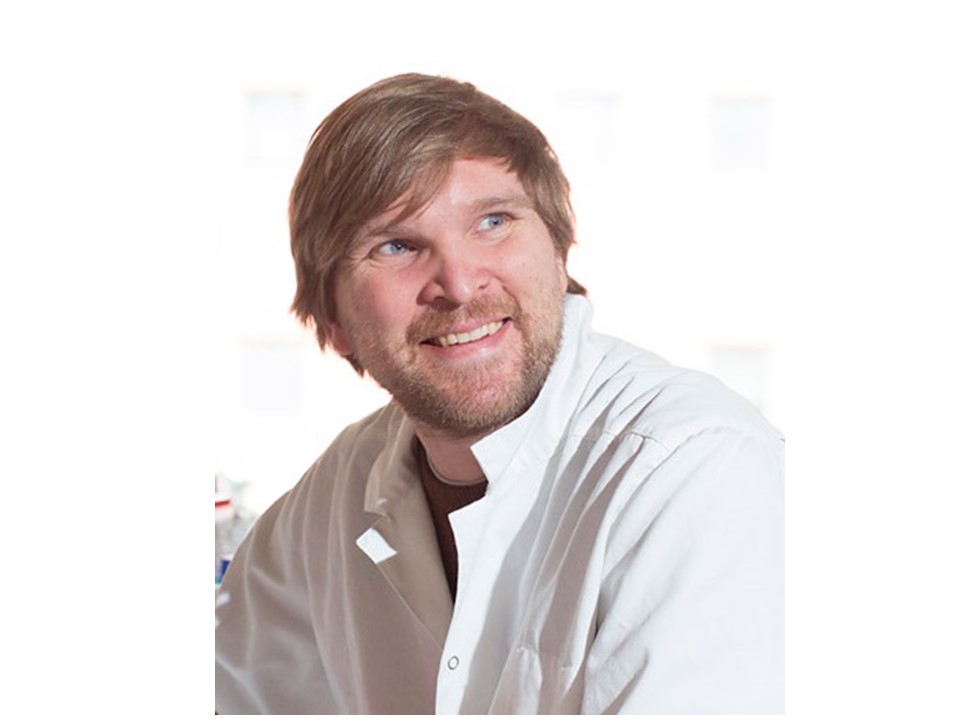 Gustav Berggren, Uppsala University, Sweden
Gustav Berggren, Uppsala University, Sweden
Dr. Gustav Berggren research interests span molecular design, spectroscopy and redox catalysis, with a focus on bioinorganic chemistry and chemical energy conversion. He received his PhD from Uppsala University in 2009, where he studied in the group of Prof. Stenbjörn Styring. This was followed by postdoctoral studies with Prof. Marc Fontecave and Dr. Vincent Artero at CEA Grenoble; and Prof. Britt-Marie Sjöberg at Stockholm University. In 2015 he returned to Uppsala University, where he now holds an associate professor position in Molecular Biomimetics at the Department of Chemistry – Ångström. The group is also part of the Swedish Consortium for Artificial Photosynthesis (CAP). Current main research lines include the development of biomimetic electro-catalysts for hydrogen production, as well as combining chemical and biological methods for understanding and improving biological hydrogen catalysis and developing biohybrid hydrogen-production systems.
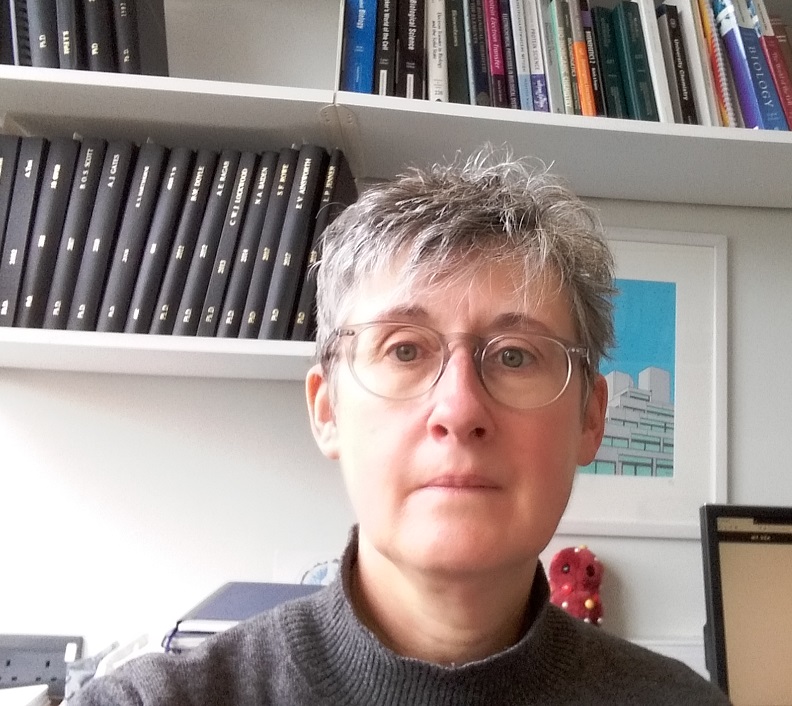 Julea Butt, University of East Anglia, United Kingdom
Julea Butt, University of East Anglia, United Kingdom
Julea is Professor of Biophysical Chemistry at University of East Anglia and she is the current Director of Research in the School of Chemistry. Her research group study redox-active metalloproteins - both to elucidate their biochemistry and explore their rational use for solar chemicals production. A range of methods are employed including molecular biology, protein engineering, electrochemical and spectroscopic characterisations. In recognition of her achievements Julea received a Royal Society Leverhulme Trust Senior Research Fellowship in 2015 and the inaugural Young Investigator Medal from the British Biophysical Society. Previously, Julea pioneered the study of adsorbed electroactive proteins for novel perspectives of their biochemistry with Professor Fraser Armstrong, FRS (University of Oxford). This approach, adopted by groups around the world, has become known as protein-film electrochemistry (PFE).
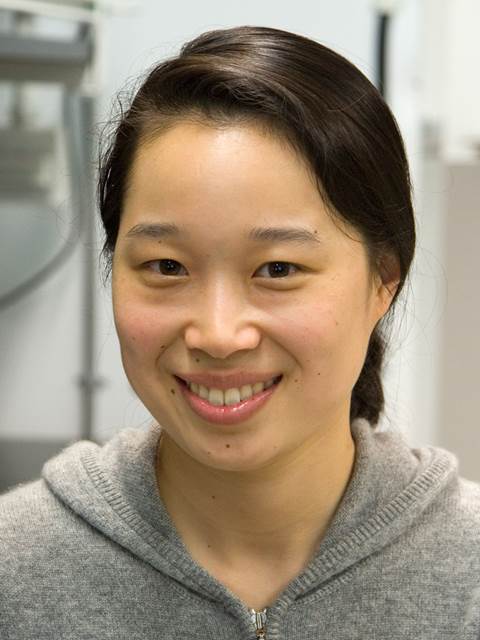 Michelle Chang, University of California: Berkeley, United States
Michelle Chang, University of California: Berkeley, United States
I was born in San Diego, CA and also attended UC San Diego for my undergraduate work. I then moved to MIT for my graduate studies as a joint student with Dan Nocera and JoAnne Stubbe. After postdoctoral studies with Jay Keasling at UC Berkeley, I started my independent career at UC Berkeley in the Department of Chemistry with a joint appoint in the Department of Molecular and Cell Biology. My research group works at the interface of enzymology and synthetic biology, with a focus on studying biological fluorine chemistry, formation of mixed-valent nanomaterials by directional-sensing bacteria, and processes involved in developing synthetic pathways. for the production of fuels and commodity chemicals.
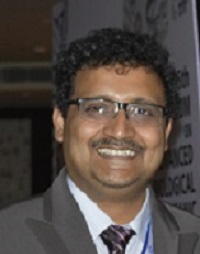 Abhishek Dey , Indian Association for the Cultivation of Science (IACS), India
Abhishek Dey , Indian Association for the Cultivation of Science (IACS), India
Abhishek obtained his undergraduate degree from the Presidency College, Calcutta and his PhD from Stanford University, CA, USA. He joined IACS in June 2009 as an Assistant Professor and is currently serving as a Professor at the same department. He is the recipient of the American Chemical Society Division of Inorganic Chemistry Young Investigator Award, Society of Porphyrin and Pthalocyanine Young Investigator Award and Society of Biological Inorganic Chemistry Emerging Investigator Award. He has been an Young Associate of the Indian Academy of Science, a CRSI Bronze medal awardee and a SERB-STAR fellow. His current area of research involves development of homogeneous and heterogeneous catalysts for sustainable energy and clean environment. A combination of synthesis, self-assembly, spectroscopy, electrochemistry and electronic structure calculations are used to attain these research goals.
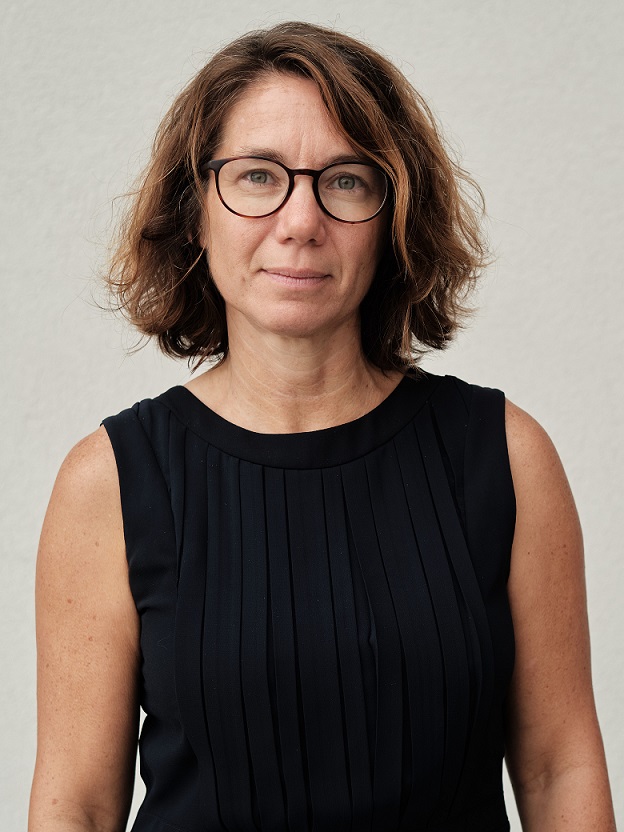 Carole Duboc, Grenoble Alpes University/CNRS, France
Carole Duboc, Grenoble Alpes University/CNRS, France
Dr. Carole Duboc received her PhD from the University of Grenoble in 1998 under the supervision of Professor Marc Fontecave and Doctor Stéphane Menage. Following postdoctoral position at the University of Minnesota, with Professor William Tolman, she joined the High Magnetic Field Laboratory at Grenoble in 2000 and the Department of Molecular Chemistry at Grenoble in 2007, where she is now CNRS senior researcher. Her research interests were always turned to two different scientific axes: the elucidation of the magnetic properties of metal complexes through an approach combining spectroscopic techniques and theoretical chemistry, and the design of bio-inspired complexes containing metal-sulfur bond(s) to develop structural and/or functional models of metalloenzymes. More specifically, the goals of her current projects concern the development of efficient systems for redox catalysis involving multi-electron reactions, with a special focus on complexes capable of reproducing certain vital reactivity of the living world with a major interest in the field of energy and environment. Several specific reactions or processes are targeted: selective reduction of oxygen in water or hydrogen peroxide, reduction of protons in hydrogen, and activation & valorization of CO2.
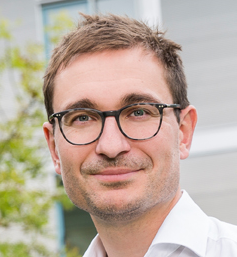 Tobias Erb, Max Planck Institute for Terrestrial Microbiology, Germany
Tobias Erb, Max Planck Institute for Terrestrial Microbiology, Germany
Tobias J. Erb is a synthetic biologist and Director at the Max Planck Institute for terrestrial Microbiology in Marburg, Germany. Erb studied Chemistry and Biology at the University of Freiburg (D) and the Ohio State University (US). After a postdoctoral stay at the University of Illinois (US), Tobi Erb headed a junior research group at ETH Zürich (CH), before he relocated to the Max Planck Institute in Marburg, where he was promoted to Director in 2017.
Erb received numerous awards, among them the Research Awards of the Swiss and the German Societies for Microbiology, the Heinz Maier-Leibnitz Prize of the German Research Foundation and the Otto Bayer Award. He was named one of 12 up- and coming scientists by American Chemical Society’s C&EN in 2015 and elected to the European Academy of Microbiology in 2019 and EMBO in 2021. Tobi Erb serves as expert on the working groups “Artificial Photosynthesis” and “Life Sciences” at the German National Academy of Sciences. Research in the lab of Tobi Erb centers on the discovery, function and engineering of novel CO2 converting enzymes and their use in engineered and artificial photosynthesis, as well as the bottom-up design of synthetic chloroplasts and cells.
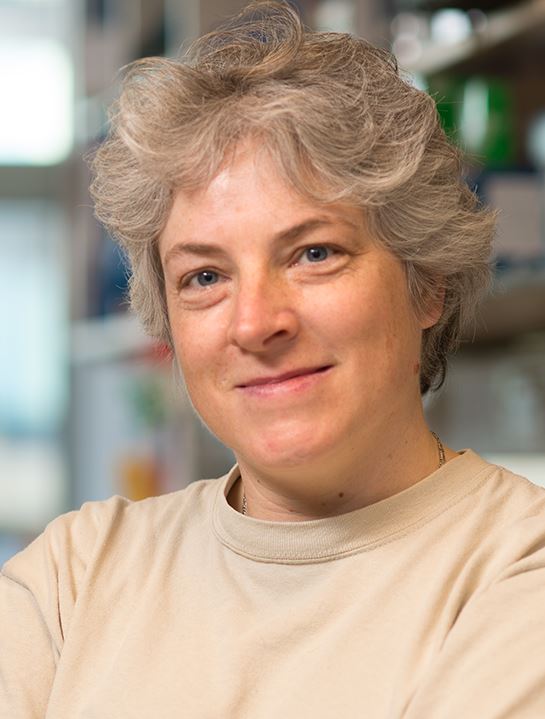 Judy Hirst, University of Cambridge, United Kingdom
Judy Hirst, University of Cambridge, United Kingdom
Judy Hirst is a physical chemist who combines structural, biochemical and chemical techniques to pioneer studies of energy conversion in complex redox enzymes: how they capture the energy released by a redox reaction to power proton translocation across a membrane, or catalyse the interconversion of chemical bond energy and electrical potential. She is known particularly for her work on the mechanisms of catalysis and reactive oxygen species production by mammalian respiratory complex I (NADH:ubiquinone oxidoreductase), an energy-transducing, mitochondrial redox enzyme of fundamental and medical importance, and for solving its structure by electron cryomicroscopy. Judy is currently Professor of Biological Chemistry and Director of the MRC Mitochondrial Biology Unit at the University of Cambridge, and Fellow of Corpus Christi College in chemistry.
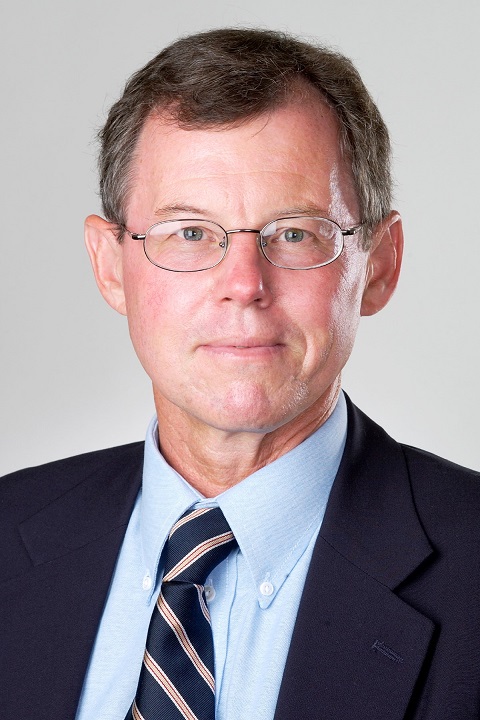 Derek Lovley, University of Massachusetts Amherst, United States
Derek Lovley, University of Massachusetts Amherst, United States
Derek Lovley is a Distinguished Professor in the Department of Microbiology at the University of Massachusetts-Amherst and Director of the Electrobiomaterials Institute at Northeastern University, Shenyang China. Research in his laboratory focuses on microorganisms that make electrical connections with other microbial species, minerals, structural metals, or electrodes. Energy related topics include the microbial conversion of organic wastes to methane via direct interspecies electron transfer (DIET) and microbe-electrode electron exchange for the generation of electricity from organic wastes or the production of organic commodities from carbon dioxide with renewable electricity. His laboratory innovated microbial production of electrically conductive protein nanowires, which have been incorporated into a diversity of flexible electronic composites and are the functional component in novel neuromorphic memory and sensing electronic devices. A collaboration with the laboratory of Jun Yao resulted in the discovery of the ‘Air-gen’ a protein nanowire-based device which generates electricity from ambient atmospheric humidity, enabling sustainable, continuous electricity production 24/7, avoiding the intermittency associated with other sustainable strategies such as solar or wind. Lovley is among the world’s most highly cited microbiologists (H-index: 179) and his research has received substantial coverage in the popular press.
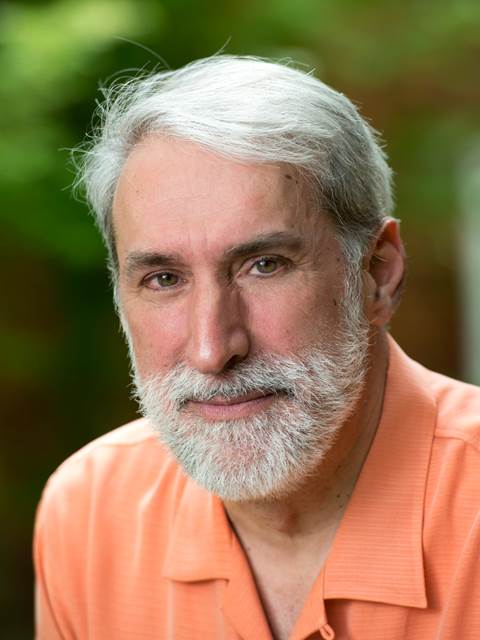 Daniel Nocera, Harvard University, United States
Daniel Nocera, Harvard University, United States
Daniel G Nocera is currently the Patterson Rockwood Professor of Energy at Harvard University, and is widely recognized for contributions to renewable energy. He accomplished a solar fuels process that captures the elements of photosynthesis, and created the Artificial Leaf, which was named by Time magazine as Innovation of the Year for 2011. His group has since achieved a solar-to-hydrogen efficiency of greater than 10%. He went on to use a bio-engineered bacterium to convert carbon dioxide, along with the hydrogen produced from the artificial leaf. The Bionic Leaf allowed Nocera to develop a complete artificial photosynthesis — sunlight + air + water to biomass and liquid fuels — that is ten times more efficient than natural photosynthesis. Extending this approach, Nocera has achieved a renewable and distributed Haber-Bosch synthesis of ammonia from nitrogen in air by coupling solar-based water splitting to a nitrogen and carbon fixing bioorganism to produce a living biofertilizer, resulting in increased crop yields and early harvests.
Daniel Nocera was also the Chemical Science Editor-in-Chief from 2015-2018, leading the journal’s Editorial Board as the journal transitioned into the diamond Open Access journal that it remains today. He is a member of the American Philosophical Society, American Academy of Arts and Sciences, the U.S. National Academy of Sciences, and the Indian Academy of Sciences; and was named among the 100 most influential people in the world by Time magazine and was 11th on the New Statesman’s list on the same topic. He is a frequent guest on TV and radio, regularly featured in print, and has been in feature-length films on energy. In 2008, Daniel Nocera founded Sun Catalytix, a company to develop energy storage for the widespread implementation of renewables. In August 2014, Lockheed Martin purchased the assets of Sun Catalytix, and his energy storage technologies are now being commercialized under the new venture, Lockheed Martin Advanced Energy Storage LLC. A second company, Kula Bio, was founded by Nocera in 2018 to focus on the development of renewable and distributed crop fertilization and land restoration.
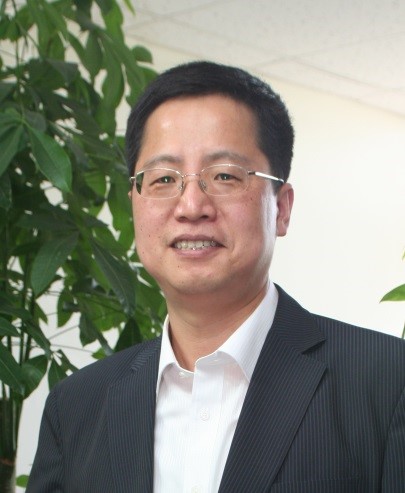 Chan Beum Park, Korea Advanced Institute of Science and Technology, South Korea
Chan Beum Park, Korea Advanced Institute of Science and Technology, South Korea
Chan Beum Park is a professor in the Department of Materials Science and Engineering, Korea Advanced Institute of Science and Technology (KAIST). He also serves as a director of the Creative Research Initiative (CRI) center supported by the Korean Government. He received his B.S. (1991), M.S. (1995), and Ph.D. (1999) degrees from POSTECH, then pursued postdoctoral research at the University of California, Berkeley (1999-2002), and worked as an assistant professor at the Arizona State University (2002-2006) before joining KAIST. His research interests focus on the development of functional biomaterials through the inspiration from nature. Biological systems in nature have solved the problem of designing and synthesizing functional materials with novel nanostructures through the evolution over millions of years. The coupling of biological inspiration with nano-scale design can lead to enhanced performance and properties of materials for evermore demanding applications to sustainable energy conversion. For more information, visit his group homepage at http://biomaterials.kaist.ac.kr.
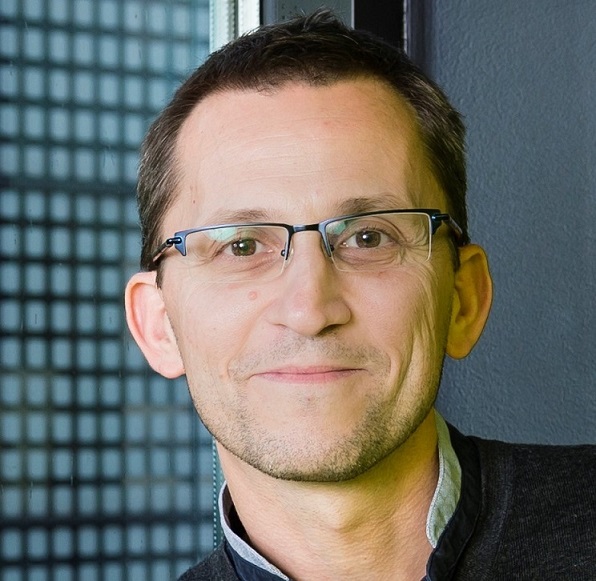 Marc Robert , University of Paris, France
Marc Robert , University of Paris, France
Marc Robert is a Professor of Chemistry at Université de Paris (UP) since 2004 and a Senior Fellow at the Institut Universitaire de France (IUF). He graduated (PhD) from former Université Paris Diderot (Paris 7) under the guidance of Prof. Jean-Michel Savéant and was a postdoctoral fellow in the group of Prof. Matthew S. Platz at Ohio State University. He is a group leader at the Laboratoire d’Electrochimie Moléculaire (UP, CNRS). His interests include electrochemical and photochemical approaches of electron-transfer processes in all facets of chemistry and biochemistry, as well as the catalytic activation of small molecules, such as CO2, H2O, and N2.
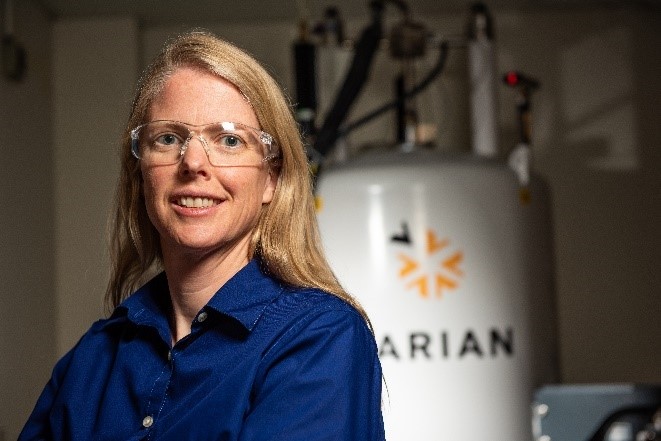 Wendy Shaw , Pacific Northwest National Laboratory, United States
Wendy Shaw , Pacific Northwest National Laboratory, United States
Wendy Shaw (Ph.D. University of Washington, B.A. Whitman College) is the Director for the Physical Sciences Division at Pacific Northwest National Laboratory. Her research focuses on learning from and mimicking nature at the intersection of chemistry and materials. Her projects are in two broad areas. These are developing a fundamental understanding the role of proteins in biomineralization processes and designing catalysts for renewable energy which mimic features of enzymes. Her funding comes through the National Institutes of Health (NIH) and the Department of Energy (DOE). Dr. Shaw has published over 100 peer-reviewed papers and has an h-index of 42. She is a Kavli Fellow and serves on the editorial board of Biophysical Journal, and has been an invited panelist for NIH, DOE, and the NRC.
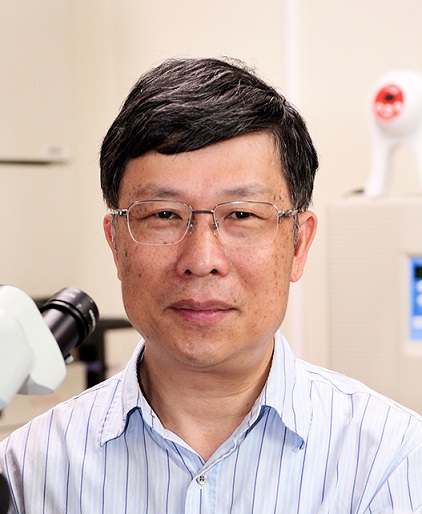 Jian-Ren Shen, Okayama University, Japan
Jian-Ren Shen, Okayama University, Japan
Professor Jian-Ren Shen received his Ph.D. degree from the University of Tokyo in 1990, and worked as a scientist in RIKEN until 2003 when he moved to Okayama University as a professor until now. His main research interests are the structures and functions of protein complexes involved in natural photosynthesis. He and his colleagues solved the high-resolution structure of photosystem II in 2011, and showed the detailed structure of a Mn4CaO5 cluster, the only natural catalyst responsible for water-splitting and oxygen evolution. He is continuing to study the structures of various protein complexes involved in light-energy conversion, electron transfer and water-oxidation in natural photosynthesis, in the hope to provide better understanding of these processes in the nature as well as detailed blueprints for designing artificial photosynthetic systems.
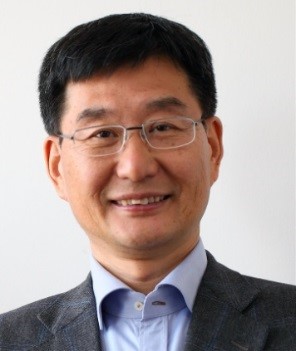 Licheng Sun, Westlake University, China
Licheng Sun, Westlake University, China
Prof. Licheng Sun received PhD in 1990 from Dalian University of Technology (DUT), and as a postdoc at Max-Planck-Institut für Strahlenchemie with Dr. Helmut Görner (1992-1993), and then as an Alexander von Humboldt fellow at Freie Universität Berlin (1993-1995) with Prof. Dr. Harry Kurreck. He moved to KTH Royal Institute of Technology, Stockholm in 1995 as a research associate with Prof. Björn Åkermark, became assistant professor in 1997 at KTH, associate professor in 1999 at Department of Organic Chemistry, Stockholm University and full professor in 2004 at Department of Chemistry, KTH. Since January 2018, he is the national distinguished professor of the Swedish Research Council (VR Rådsprofessor). He is currently a chair professor at Westlake University, China, and director of Center of Artificial Photosynthesis for Solar Fuels @Westlake. His research interests cover artificial photosynthesis, solar cells and solar fuels, and in particular, the design and synthesis of molecular catalysts for water oxidation, deep insight studies on the reaction mechanisms of O-O bond formation in both natural and man-made systems.
Prof. Sun has published more than 700 peer reviewed papers with total number of citations >55000, H-index 112, Thomson Reuters/Clarivate Highly Cited Researcher 2014, 2017, 2018,2019, 2020, listed on The World's Most Influential Scientific Minds.























